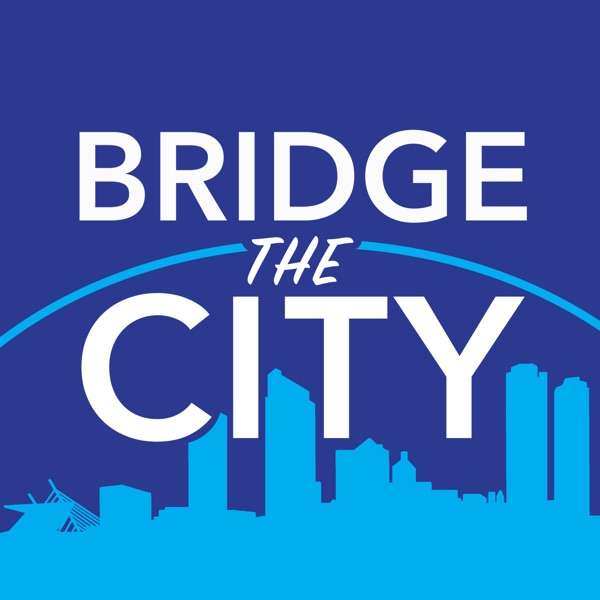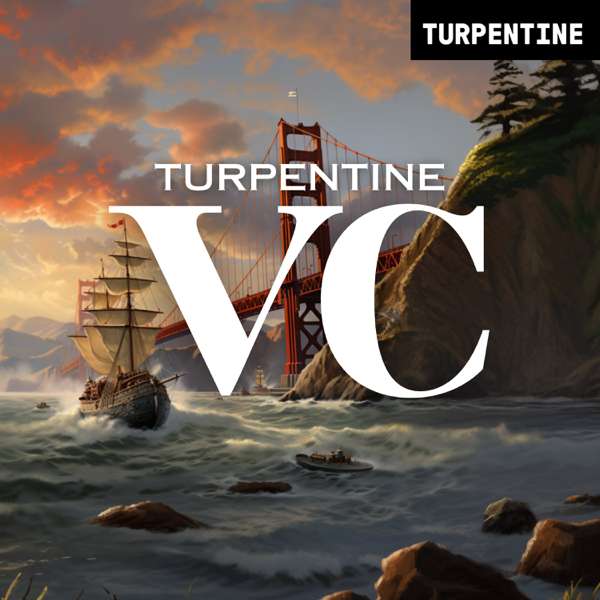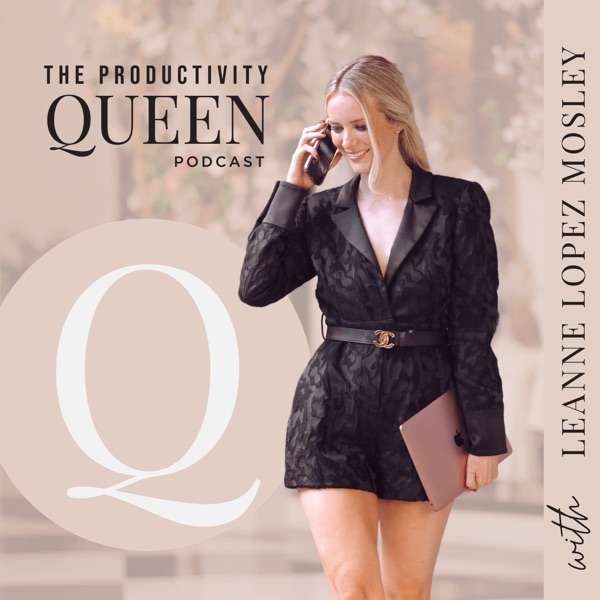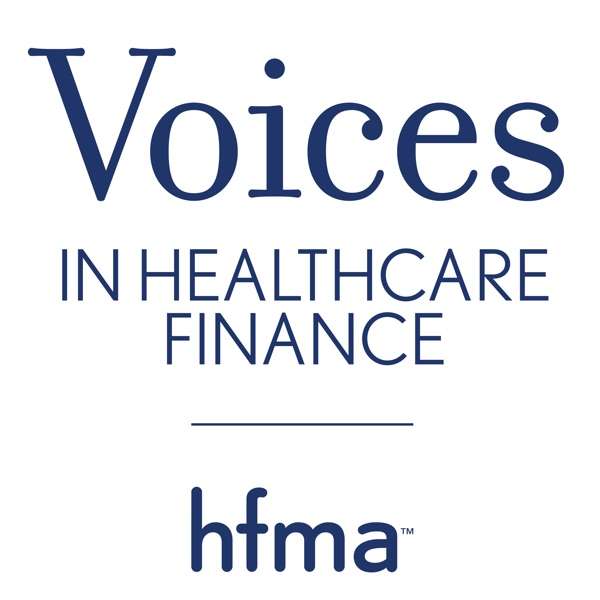We had a fantastic session today with Neil Mehta, Managing Director and Head of North American Natural Resources Research at Goldman Sachs. Neil oversees research coverage for oil and gas, utilities, midstream, metals and mining and clean technology and also leads coverage for large cap energy equities. Neil's coverage and knowledge breadth allowed for a fascinating range of topics.
Our conversational tour of today's energy world included background on Goldman's energy research team, how Neil would rank the outlook for the various energy sectors, the current types of investors interested in the energy sector and how it has changed this year, the competition for talent across all industries and why it's particularly important in energy, return of capital and the importance for companies to differentiate themselves, the recently passed IRA, cost of capital and cost of supply, Neil's longer range oil demand outlook, with all of it infused by comments on affordability, reliability, and energy security. We even touched on the all-important "terminal value" issue for energy stocks. Wow... thank you again Neil!
To start the show, Mike Bradley reviewed equity and commodity performance from the past week and flagged the upcoming Fed meeting (Wednesday, Sept. 21) and expected basis point rate hike. He then shared four key investor topics for the near and immediate term. Colin Fenton picked up the inflation topic and provided a backdrop of a few non-energy commodity prices, gasoline prices, and US natural gas to illustrate the full extent of what the Fed and we could be facing.
Thanks to you all. It was great fun to visit with Neil and we hope you enjoy it as much as we did!
Disclosures:
The views stated by non-Goldman Sachs personnel do not necessarily reflect those of Goldman Sachs.
Goldman Sachs owns 1% or more of a class of securities of SOUTHWESTERN ENERGY COMPANY, MEG ENERGY CORP, KOSMOS ENERGY LTD., PIONEER NATURAL RESOURCES COMPANY and CANADIAN NATURAL RESOURCES LIMITED .
EXXON MOBIL CORPORATION, SCHLUMBERGER N.V., OCCIDENTAL PETROLEUM CORPORATION, APA CORP, HESS CORPORATION, MURPHY OIL CORPORATION, OVINTIV INC., PIONEER NATURAL RESOURCES COMPANY, DIAMONDBACK ENERGY, INC., MARATHON OIL CORPORATION, PARKLAND CORPORATION, SOUTHWESTERN ENERGY COMPANY, MEG ENERGY CORP, HELMERICH & PAYNE, INC., HALLIBURTON COMPANY, CENOVUS ENERGY INC., IMPERIAL OIL LIMITED, NATIONAL FUEL GAS COMPANY, LIBERTY ENERGY INC., MAGNOLIA OIL & GAS CORPORATION, NOV INC., PHILLIPS 66, HF SINCLAIR CORPORATION, CONTINENTAL RESOURCES, INC., DEVON ENERGY CORPORATION, COMSTOCK RESOURCES, INC., RANGE RESOURCES CORPORATION, MARATHON PETROLEUM CORPORATION, BAKER HUGHES COMPANY, COTERRA ENERGY INC., EOG RESOURCES, INC., QUANTA SERVICES, INC., CHEVRON CORPORATION, CONOCOPHILLIPS, CANADIAN NATURAL RESOURCES LIMITED and SUNCOR ENERGY INC. are clients of Goldman Sachs that received investment banking services in the last 12 months.
EXXON MOBIL CORPORATION, SCHLUMBERGER N.V., OCCIDENTAL PETROLEUM CORPORATION, VALERO ENERGY CORPORATION, APA CORP, HESS CORPORATION, OVINTIV INC., PIONEER NATURAL RESOURCES COMPANY, DIAMONDBACK ENERGY, INC., MARATHON OIL CORPORATION, PARKLAND CORPORATION, SOUTHWESTERN ENERGY COMPANY, MEG ENERGY CORP, HELMERICH & PAYNE, INC., HALLIBURTON COMPANY, CENOVUS ENERGY INC., IMPERIAL OIL LIMITED, NATIONAL FUEL GAS COMPANY, LIBERTY ENERGY INC., PHILLIPS 66, HF SINCLAIR CORPORATION, KOSMOS ENERGY LTD., CONTINENTAL RESOURCES, INC., DEVON ENERGY CORPORATION, COMSTOCK RESOURCES, INC., RANGE RESOURCES CORPORATION, MARATHON PETROLEUM CORPORATION, BAKER HUGHES COMPANY, COTERRA ENERGY INC., EOG RESOURCES, INC., CHEVRON CORPORATION, CONOCOPHILLIPS, CANADIAN NATURAL RESOURCES LIMITED and SUNCOR ENERGY INC. are clients of Goldman Sachs that received non-investment banking securities related services within the last 12 months.
EXXON MOBIL CORPORATION, SCHLUMBERGER

 Our TOPPODCAST Picks
Our TOPPODCAST Picks  Stay Connected
Stay Connected







